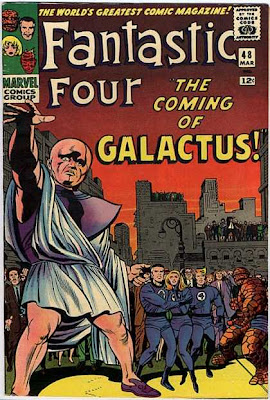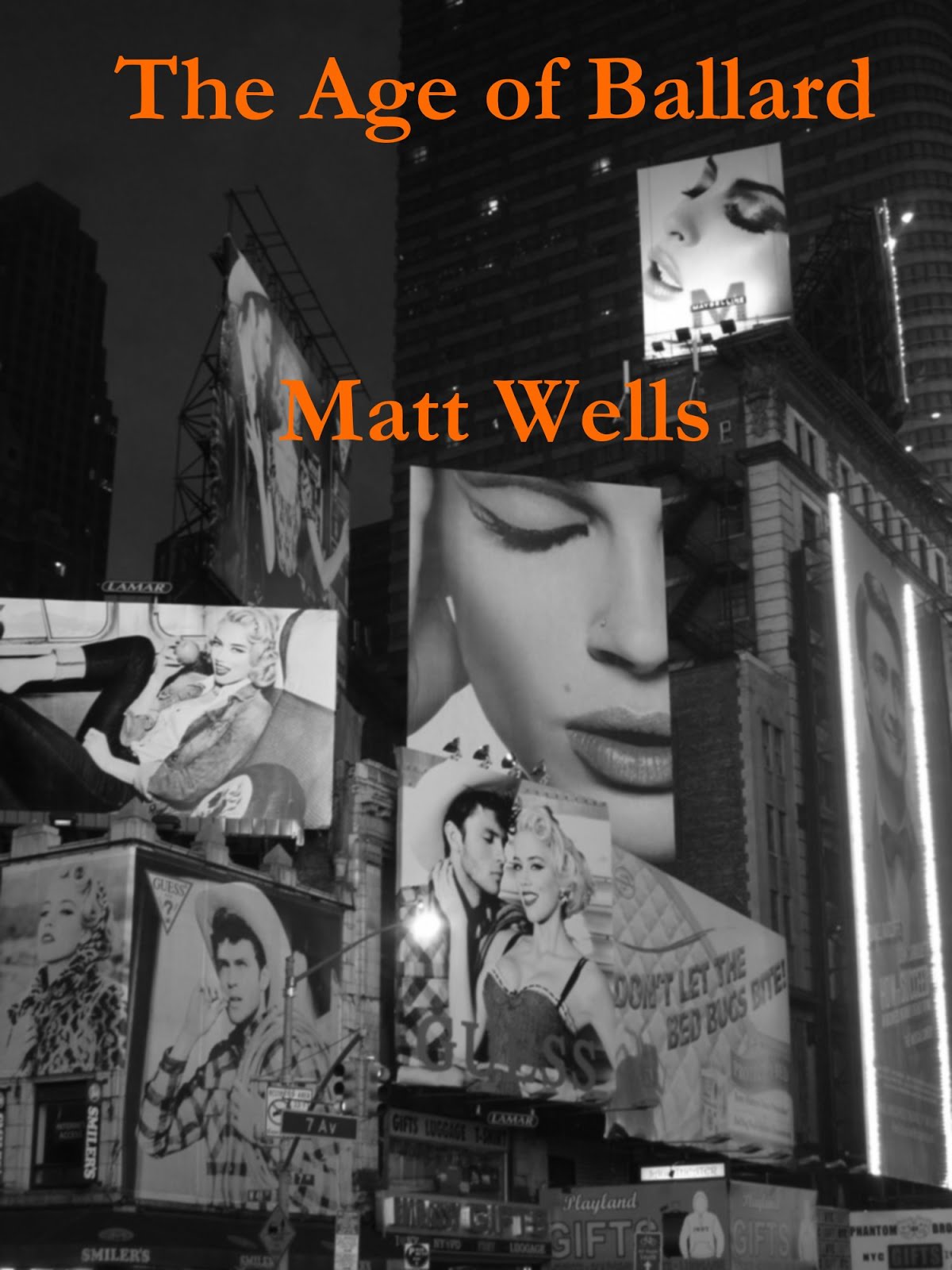As happens every summer, the storms of winter and spring have caused the tide to completely rearrange the Third Road section of the beach where we plant our towels, chairs, and coolers. Last summer it was all sand with no rocks bigger than your fist. Today, with the tide still coming in at 11:30, it's all huge rocks, like the Atlantic spent all winter throwing up the broken pieces of a reef against the sea wall. And the tide's higher than I ever remember it being, which makes sense when I see that the sand level is down about two to three feet. Melted away like an ice cap . . .
The full moon rose last night at 9:03, so my niece Alyssa and I went down to the beach and looked north and east for the next ten minutes or so, but we saw nothing except the dwindling sunset (must remember to come out an hour earlier tonight to get the best of that). Meanwhile the mosquitoes were all over us--or all over me, anyway, they completely avoided Alyssa. "They're not bothering me!" she insisted. "They must like you because you're old."
Ah, my niece. Alyssa is the classic type who displays affection by making a great show of rejecting, insulting, and joking about you. The people she really doesn't care about, she totally ignores. Me, she climbs all over like I'm the jungle gym and she's the Czechoslovakian gymnast. (She's 11.) She throws sand on me when I'm trying to sun myself, yells "No reading!" when I pick up a book, pulls my earphones away and asks "What are you listening to?" and then cries "Gross!"when I tell her it's techno, and then asks me to play badminton with her. Which pretty much describes the kind of female I've fallen for like a ton of bricks through greased air my entire life, so it's only fitting that I am now condemned to observe the habits of one of them in captivity, so to speak . . .
I didn't see the full moon until I was helping my sister bring a hassock to a cottage down the street--it was hovering over the house-line like a gold beach ball in the southeast sky. By the time I got my camera, the gold had been drained away by the moon elves and the moon's pale ghost was lighting up the clouds like an out-take from a Wolf Man movie. . .















